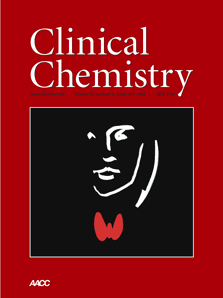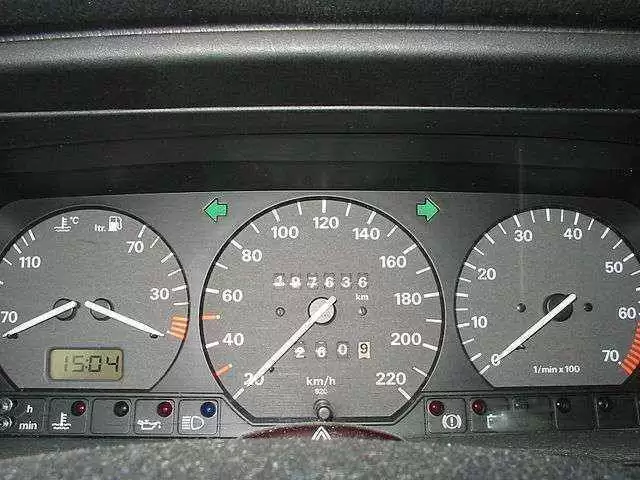
Celiac.com 06/17/2010 - In a recent letter to the editors of Clinical Chemistry, Carolina Arguelles-Grande, Gary L. Norman, Govind Bhagat, and Peter H. R. Green describe how hemolysis interferes with the detection of anti–tissue transglutaminase antibodies in celiac disease.
They are variously affiliated with the Departments of Medicine and Pathology at Columbia University's College of Physicians and Surgeons in New York, and with INOVA Diagnostics, Inc., in San Diego, CA.
Celiac.com Sponsor (A12):
Using human recombinant or erythrocyte tTG-IgA–based ELISA assays to measure anti–tissue transglutaminase (tTG) antibodies is one of the favored methods for diagnosing celiac disease.
However, assessments of various tTG kits have shown variations in sensitivity, which has raised some alarms among clinicians. Many clinicians suspect that hemolysis plays a role in these variations.
To assess the effect of hemolysis on tTG-IgA titers, the team looked at blood samples from 9 patients with biopsy-confirmed, active celiac disease who chose to participate in the study.
They split the samples into 3 groups, with three samples in each group. They divided the samples according to tTG-IgA concentration after thawing. They categorized the samples as high titer (>185 U), intermediate titer (100–140 U), and borderline titer (20–50 U).
The team hemolyzed a whole-blood sample taken from 1 tTG/DGP-seronegative patient. They measured hemoglobin in the sample at 149 g/L of hemoglobin. They repeatedly froze and thawed the sample until 90% of cells hemolyzed. They then serially diluted in ratios of 1:2, 1:5, 1:10, 1:50, 1:100, 1:500 in PBS to obtain hemoglobin concentrations of 67.1, 26.8, 13.4, 2.7, 1.3, and 0.27 g/L, respectively. They then added to each sample at a 1:1 ratio.
For the tTG sequestration assessment, the team added human recombinant tTG from Diarect AG for final concentrations of 0.04, 0.02, 0.01, and 0.002 g/L. The team used undiluted serum as the baseline titer reference, and serum diluted 1:2 in PBS as a control.
To measure antibody titers, they used 2 ELISA test kits: QUANTA LiteTM h-tTG IgA (human erythrocyte tTG-IgA based) and Gliadin II (DGP-IgA based) from INOVA Diagnostics, Inc. The team conducted blinded screens per manufacturer instructions, and compared the results for each group using the Mann–Whitney U-test, with P values <0.05 considered significant.
They discovered that adding hemolyzed blood (HB) to sera of patients with active celiac disease lowered levels of anti-tTG, with intermediate- and borderline-titer groups seeing the largest reduction. Anti-DGP antibodies remained unchanged.
Total average titer loss of anti-tTG vs anti-DGP antibodies was 36% vs 13% in the high-titer groups (P 0.026), 45% vs 3% (P = 0.026) in the intermediate titer groups, and 51% vs 2% in the borderline-titer groups (P = 0.0022)
The team also found that adding ever higher concentrations of hemoglobin lowered the titers of anti-tTG, but not of anti-DGP, causing negative anti-tTG results in samples with low tTG antibody concentrations.
The anti-tTG titer decreased 2%–65% in the high-titer groups, 1%–81% in the intermediate-titer groups, and 16%–74% in the borderline-titer group at hemoglobin concentrations of 0.3– 67.1 g/L.
This compares with a decrease in anti-DGP titers of 10%–16% for high-titer groups, 4%–8% for intermediate-titer groups, and 7%–3% for the borderline-titer groups at hemoglobin concentrations of 0.3– 67.1 g/L.
In all groups, tTG titer reduction was greater at higher concentrations of HB/HGB and gradually recovered as the red tint started to vanish at about 13 g/L of HGB, until complete visual disappearance at about 0.3g/L HGB).
In the intermediate- and borderline-titer groups, titer reduction induced false-negative results at 20 U, with the anti-tTG, but not anti-DGP assays for HGB concentrations ≥13 or ≥0.3 g/L, respectively.
They also found that raising concentrations of exogenous tTG (recombinant human tTG) to intermediate-titer blood samples triggered a significant reduction in anti-tTG assay titers similar to that seen with hemoglobin (range, 32%–82%; mean, 69%), as compared with that of anti-DGP titers (mean, 18%; range, 1%–38%; P = 0.0159).
Hemolysis is clearly indicated by a red tint in serum plasma, and is one of the most common reasons for labs to reject specimens. Visible hemolysis starts at about 0.5 g/L of hemoglobin and is obvious above 1.3 g/L of hemoglobin.
The results show that that hemolysis does interfere with the detection of anti-tTG antibodies, and that visibly hemolyzed blood samples generate false-negative anti–tTG-IgA results.
These findings may explain false-negative tests for celiac disease that arise when clinicians use tTG-IgA assays. They encourage clinicians and laboratories to take measures to avoid hemolysis. If they notice hemolyzed blood samples, they should alert physicians so new blood samples can be taken. If redrawing samples is not possible, hemolyzed samples should be measured for anti-DGP antibodies.
Clinicians who suspect hemolysis should consider using anti-DGP serological tests, which are not influenced by hemolysis.
Source:
- Open Original Shared Link


.webp.5cf0e450131b7d3b603652520875971f.webp)





Recommended Comments
There are no comments to display.